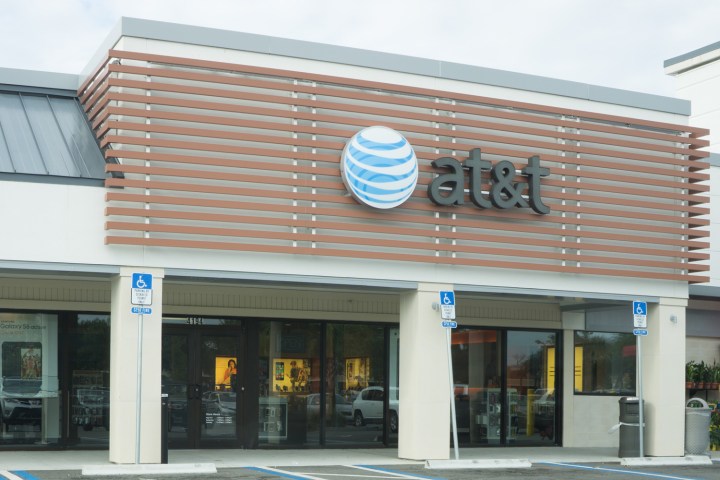
“Our 5G […] evolution plans will pave the way to the next-generation of speeds for customers,” John Donovan, chief strategy officer and group president at AT&T Technology and Operations, said in a press release. “We’re executing now.”
On the high-speed wireless front, AT&T says it’s achieved 14Gbps over a wireless connection — fast enough to download a 15GB file in nine seconds. And in terms of latency, the measure that impacts the time it takes for a video to begin streaming and a web page to load, AT&T has tested a connection with less than three milliseconds. That “surpasses any current LTE network technology,” the carrier says, and the industry standard of five milliseconds.
Next year, AT&T says those advancements will manifest as real-world improvements. Thanks to technologies like carrier aggregation and “thousands” of new cell sites, the carrier expects to reach peak theoretical speeds of up to 1Gbps in 2017.
One of the first trials will begin in Austin, Texas. In the first half of 2017, select residential customers will be able to stream DirecTV Now over a fixed connection. And in subsequent months, AT&T will partner with Qualcomm Technologies and Ericsson for mobile and fixed wireless trials.
The new tests follow on the heels of AT&T’s tests with Intel and Ericsson. Last year, the carrier rolled out point-to-point millimeter wave technology, a technology that delivers high-speed internet via high-frequency radio waves. During successive trails of video streaming, downloading, and conferencing, the carrier saw upload and download speeds of 1Gbps.
The International Telecommunications Union has set the date for commercialization of 5G for 2020, but regulatory roadblocks could prolong adoption. The 3GPP, the international body that establishes network standards, is in the process of hammering out the details of
Editors' Recommendations
- AT&T now makes you pay even more for its fastest 5G speeds
- 5G home internet: What is it, and should you get it?
- How fast is 5G? What you need to know about 5G speeds
- Your next phone could get a huge 5G upgrade, thanks to AI
- This tiny dongle will change 5G connectivity forever


